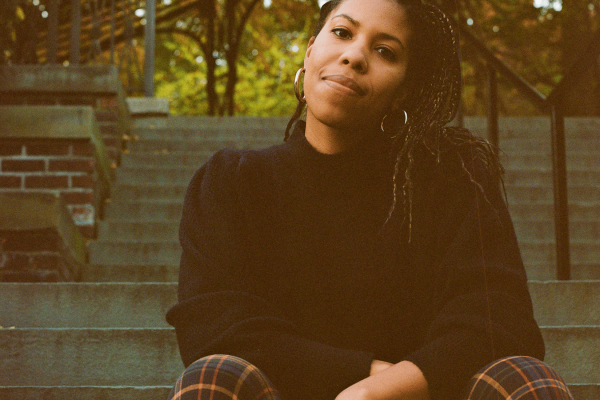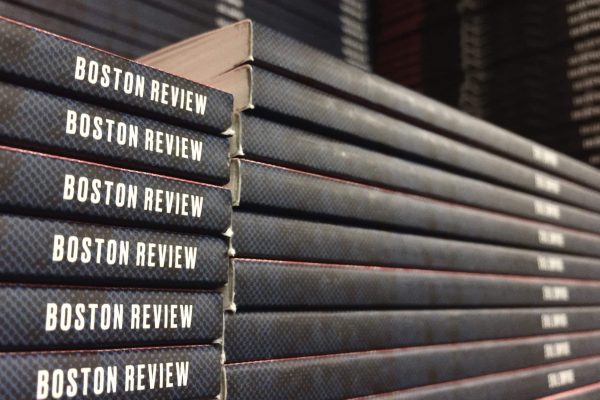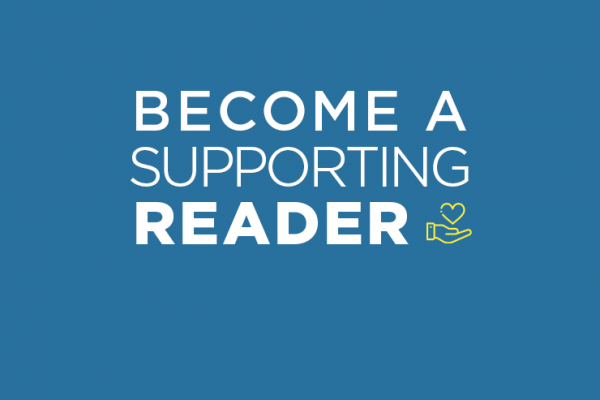Donald Trump’s candidacy stokes racial hatred: that much goes without saying. But flirtation with white supremacy is hardly peculiar to Republicans.
In “On Stone Mountain,” Christopher Petrella recounts the birth of the modern Democratic Party. The creation of the Democratic Leadership Council (DLC) and Super Tuesday in the 1980s was part of a strategy to pander to white Southern voters and move the party back to “mainstream America.” At a 1992 campaign photo op at a correctional institution in Stone Mountain, Georgia—symbolic home of the Ku Klux Klan—Bill Clinton and DLC leader Sam Nunn spoke in front of a phalanx of African American men in prison uniforms. The imagery could not have been clearer. Yet the narrative that the Democrats are the party of racial inclusion endures. Petrella thinks it is time for a frank public discussion about this disgraceful history—and for the party to make good on its commitments.
Extending the idea that justice is well-served by robust public discussion, Danielle Allen, political philosopher and director of the Edmond J. Safra Center for Ethics at Harvard University, writes on the purpose of public education. Leading off our forum, she argues that our educational system’s obsession with STEM skills and job markets gets it all wrong. The aim of public education should be to deepen political engagement: education in a democracy should prepare citizens to participate. Participatory preparation will help to correct the political inequities that lead to unfair outcomes. This empowerment of students as effective citizens, she believes, would flow from a greater focus on history, literature, and philosophy, more than science and technology.
Responding to Allen, some contributors question whether civic and vocational education are truly separable. Many doubt that the sciences and technology are less important to political empowerment than the arts and humanities. Others insist that democracy demands an even higher standard of educational aspiration. As Deborah Meier writes, “We do virtually everything we can to ensure that no human judgment—regardless of the age or status of the person doing the judging—is respected within the four walls of a school. Yet democracy rests, too, on respect for fallible judgment.”
These themes of education, justice, and fallible judgment resonate in “Writing Human Rights: And Getting it Wrong.” Alex de Waal, director of the World Peace Foundation, recounts an education of sorts—reflecting on his own errors in judgment. As a human rights reporter in Rwanda and Sudan, he hoped to bring the world’s attention to unfolding atrocities. Now, years later, he explores the dangers of assuming the role of both reporter and advocate.
Finally, don’t miss Ryan Fox, Carlie Hoffman, Gala Mukomolova, and Miller Oberman, this year’s winners of the “Discovery”/Boston Review Poetry Contest, our annual collaboration with the 92nd Street Y Unterberg Poetry Center.







